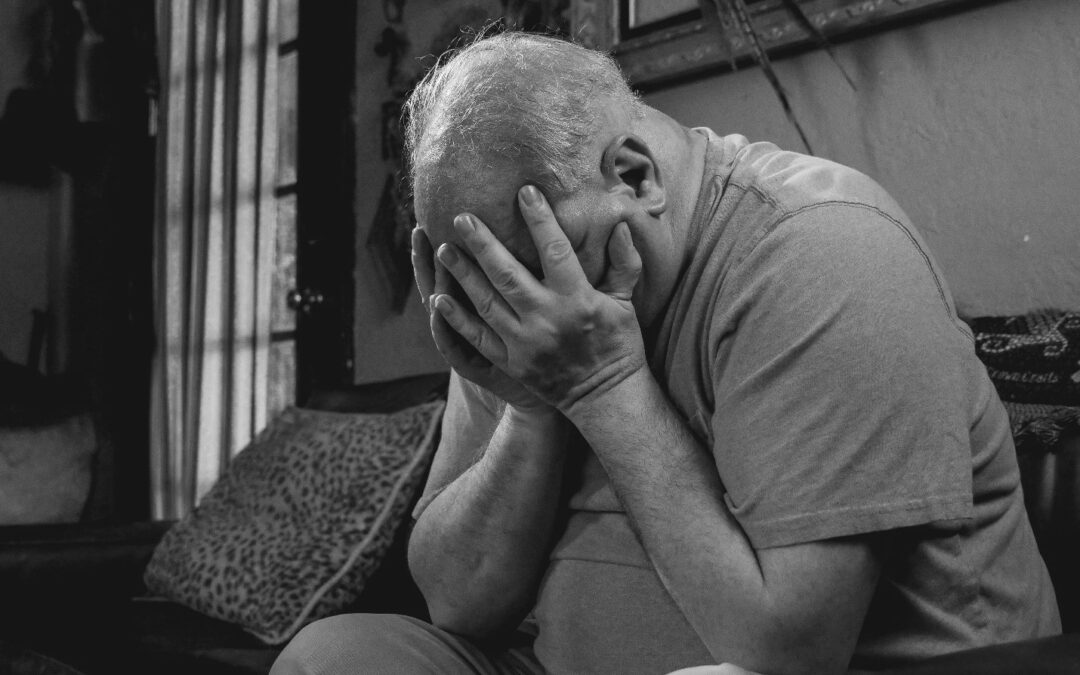Depression isn’t really an aspect of aging but instead a medical illness that can be diagnosed and treated. It is more common among the elderly. If you are concerned about the mental health of your elderly family members, you may offer to accompany them to the doctor.
Causes of Depression in Older People
Depression in the elderly has a variety of underlying causes. It could be due to:
- Depressive disorders running in the family, and there is a history of depression.
- Life experiences like abuse or the death of a loved one having a severe effect on neurotransmitter levels in the brain.
The difficulties of aging may exacerbate depression in the elderly. These issues might include, but are not limited to:
- Chronic physical issues
- Long-term substance misuse
- Witnessing deaths of family members and friends
- Moving from employment to retirement
- Financial challenges
- Shifts in marital relationships such as widowhood or getting divorced
Symptoms of Depression in Older People
- Having difficulty concentrating, remembering details, and making decisions.
- Irregular sleeping patterns, which involve suffering from insomnia, wakefulness in the early morning, or sleeping excessively.
- Irritability and restlessness.
- Loss of interest in activities or hobbies that used to feel pleasant in the past.
- Exhaustion and decreased energy.
Treatment of Depression in Older People
1. Psychosocial Treatment
The high prevalence of medical conditions and medication usage among the elderly makes them more vulnerable to the effects of psychotherapy.
Medication and other somatic therapeutic techniques are unlikely to change stressful life events, family disputes, or lack of social support. Still, individuals with these difficulties respond well to psychological intervention.
2. Pharmacotherapy
Acute depression can be effectively treated by medication, with minor side effects. The most common mistakes by doctors while treating older patients with depression are either underusing or abusing antidepressants by providing insufficient doses. Just 10% of elderly individuals with depression are prescribed medication.
3. Tricyclic Antidepressants
Elderly and younger individuals are both expected to benefit similarly from tricyclic antidepressants. Depression has long been successfully treated with tricyclic antidepressants.
Compared to younger patients, older individuals on tricyclic antidepressants frequently have a delayed response to treatment, usually after six to twelve weeks of treatment.
In senior individuals maintaining adherence to medication dosages is critical, but this can be challenging.
4. SSRIs
Selective serotonin reuptake inhibitors are the medications of choice for treating most kinds of depression. This is due to their safety and lowered intensity of adverse effects.
Compared to tricyclic antidepressants and MAOIs (commonly known as monoamine oxidase inhibitors), dose modifications are less frequent with these medications.
Wrapping Up
Depression in older people should not be taken as a sign of weakness, character fault, or a natural element of aging.
No age or background precludes anyone from being affected by depression. Older people do not have to be depressed because of the changes in their lives that come with advancing years, not when there are treatment plans available.
Elderly people can also participate in activities that help them stay optimistic and happy as they become older and enjoy their golden years.

